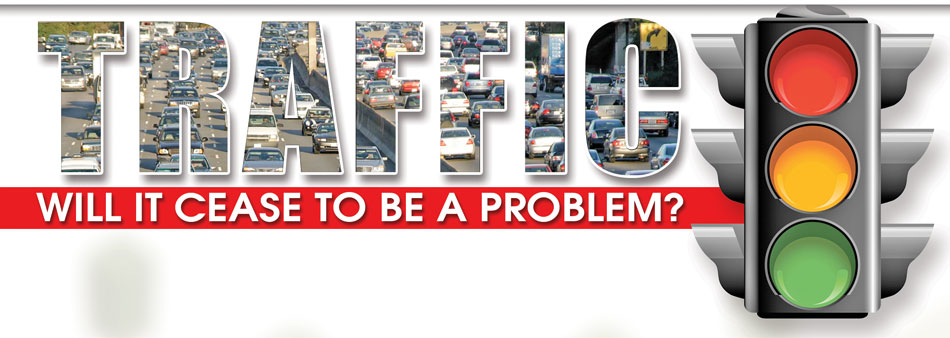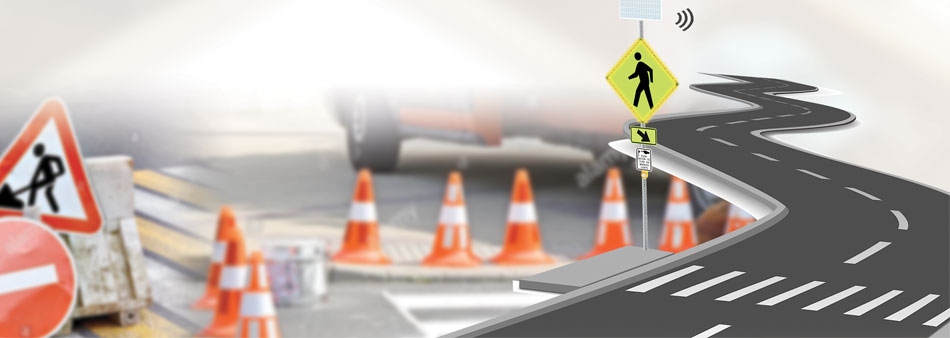Inside Scoop: Anant Ambani and Radhika Merchant’s Grand Pre-wedding Festivities
- 16 Mar - 22 Mar, 2024

Ask anyone about their views on road safety around the cosmopolitan and they’ll tell you the same thing. Traffic in Karachi is an absolute nightmare and given the state of the roads, driving takes a special kind of talent. We all share the same opinion but has anyone actually reflected on the other side of the story? I happened to attend Consume Road Safety Conference organised by Consumer Association of Pakistan (CAP) one fine evening at the Marriott and I got some pretty neat insight on facts, in terms of violation of traffic rules in Karachi.
A panel of 11 sat before a crowd of media personnels, a large assembly of traffic police officials including a couple of rows of female traffic police officers (which in all honesty was a surprise to me, having never seen a lady in white uniforms) and members of the corporate world. The panel hosted Dr. Ameer Ahmed Sheikh (Additional IG Sindh police) as chief guest and Jawed Ali Meher (DIG Traffic Police Karachi).
The aim of this program was to bridge the gap between citizens and traffic police. What immensely impressed me from the speeches was how it all concentrated on facts and figures with zero traces of emotional content between the lines.
Rewind a couple of decades, Karachi saw a gapping absence of traffic police but facts be told, they are present at everyone corner of the city now. Kaukab Iqbal, Chairman of CAP, shares how it was a tireless effort to make that happen in every province. He further stated that the obvious illiterate mindsets of the commuters and how they feel proud at breaking traffic rules is what makes for the terrible road situation in the city. There are vehicles on the roads that should have been disposed 10 years ago but are still operating, but are being used as means for school transport.
Recently, we saw school transport providers were compelled to ditch CNG cylinder since it is equivalent to a time bomb ticking as a threat to the lives of innocent children. It baffles me how these drivers protested against this. Is there any rationale behind these shortcuts at the expense of children’s lives?
Members of the panel urged traffic police officials to establish separate lanes for motorcycles and trailers since most fatal accidents in Karachi include bike riders. Islamabad is the first city where this has been established and the rest of the country needs to follow suit. According to statistics, 83 per cent of accidents include motorcycles out of which most become fatal because of the irresponsible choice to not wearing helmets.
Jawed Meher talks about implementing a program where free helmets will be distributed to riders and no fuel will be provided at gas stations until and unless the consumer is wearing a helmet. I, for once, think that is a great start. Helmets and seat belts are basic safety measures and you are the first custodian of your life and safety.
Dr. Ameer Sheikh took to the podium and addressed the audience in a very calculated manner. He grieves the fact that in Pakistan accident death rate is higher than deaths caused by terrorism. Highlighting the fact that almost 60 per cent drivers do not have a driver’s license, he announced that the traffic police department was planning to set up learner license benches in malls and universities.
Sadly, 70 years have passed and traffic management in Karachi still needs some serious and result-oriented measures. There is still a lot lacking in terms of rescue response and post crash medical attention. The road to travel is far too long but here is the most obvious fact we all easily omit: road safety is a responsibility of all.

COMMENTS